In today’s competitive business environment, organizations strive to deliver quality products and services that meet customer expectations and regulatory requirements. Achieving this goal requires a robust quality management system (QMS), and that’s where ISO 9001 comes into play. An ISO 9001 Certification not only strengthens a company’s reputation but also enhances customer trust and operational efficiency. For professionals, completing an ISO 9001 Certification Course or a QMS Lead Auditor Course can open doors to rewarding career opportunities in quality management and auditing.
What is ISO 9001?
ISO 9001 is the world’s most recognized standard for quality management systems. It provides organizations with a framework to consistently meet customer requirements, improve processes, and drive continuous improvement. Companies across industries pursue ISO 9001 Certification to demonstrate their commitment to quality and operational excellence.
Importance of ISO 9001 Training
For professionals aiming to contribute effectively to quality management initiatives, ISO 9001 Training is essential. These programs provide in-depth knowledge of the ISO 9001 standard, including its principles, clauses, and implementation strategies. Training also equips participants with the skills needed to identify nonconformities, perform audits, and recommend corrective actions.
An ISO 9001 Course covers topics such as:
Fundamentals of Quality Management Systems (QMS)
ISO 9001:2015 requirements and clauses
Audit principles and techniques
Risk-based thinking in QMS
Corrective and preventive actions
By completing the course, participants gain a solid understanding of how to apply ISO 9001 standards in real-world scenarios.
QMS Lead Auditor Course
One of the most advanced training paths is the QMS Lead Auditor Course. This specialized program prepares individuals to conduct first-party, second-party, and third-party audits. Participants learn how to lead audit teams, manage audit processes, and ensure compliance with ISO 9001 requirements.
Key benefits of the QMS Lead Auditor Course include:
Recognition as a qualified ISO 9001 Lead Auditor
Enhanced career prospects in auditing and compliance
Practical knowledge for improving organizational QMS performance
Ability to conduct external certification audits for clients
Successful completion often includes both theoretical learning and practical audit exercises, ensuring participants are confident and skilled in managing audits.
Why Pursue ISO 9001 Certification and Training?
For organizations, ISO 9001 Certification ensures better efficiency, reduced risks, and increased customer satisfaction. For professionals, completing an ISO 9001 Certification Course provides industry-recognized credentials that boost employability and career growth. Whether you are a quality manager, consultant, or aspiring auditor, investing in ISO 9001 Training equips you with the expertise to excel in your role.
Final Thoughts
The ISO 9001 Course and QMS Lead Auditor Course are valuable stepping stones for anyone looking to specialize in quality management and auditing. With ISO 9001 Certification being a global benchmark, trained professionals play a critical role in driving organizational excellence. By undertaking ISO 9001 Training, you not only strengthen your career but also contribute to building a culture of quality in every organization you work with.

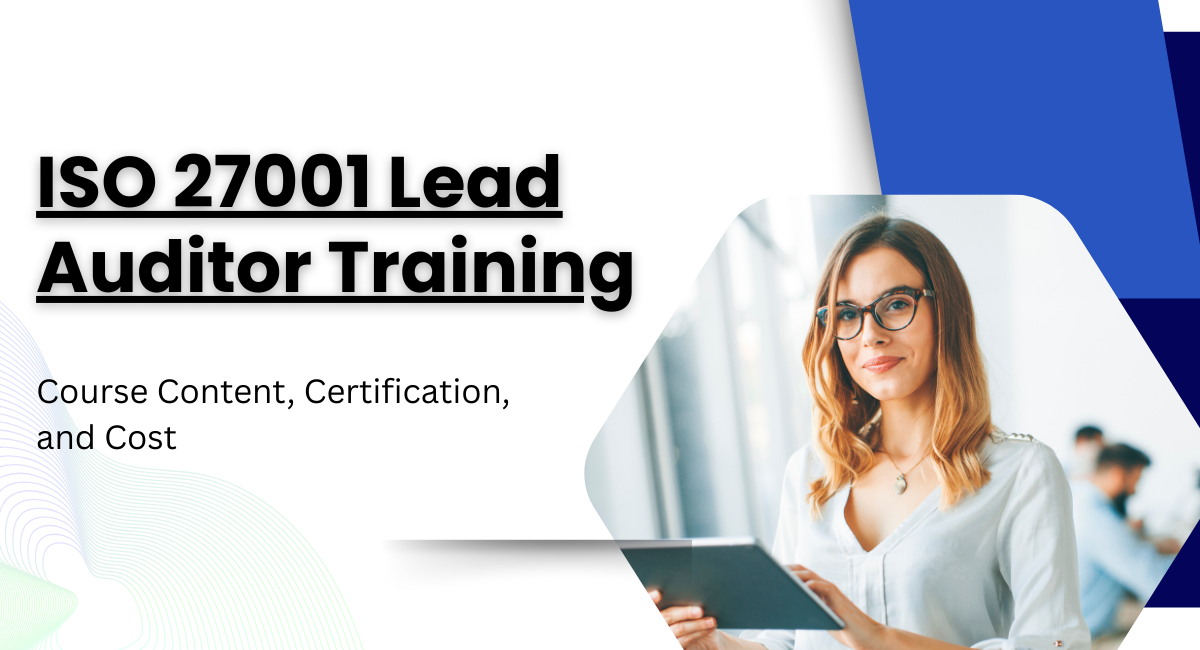
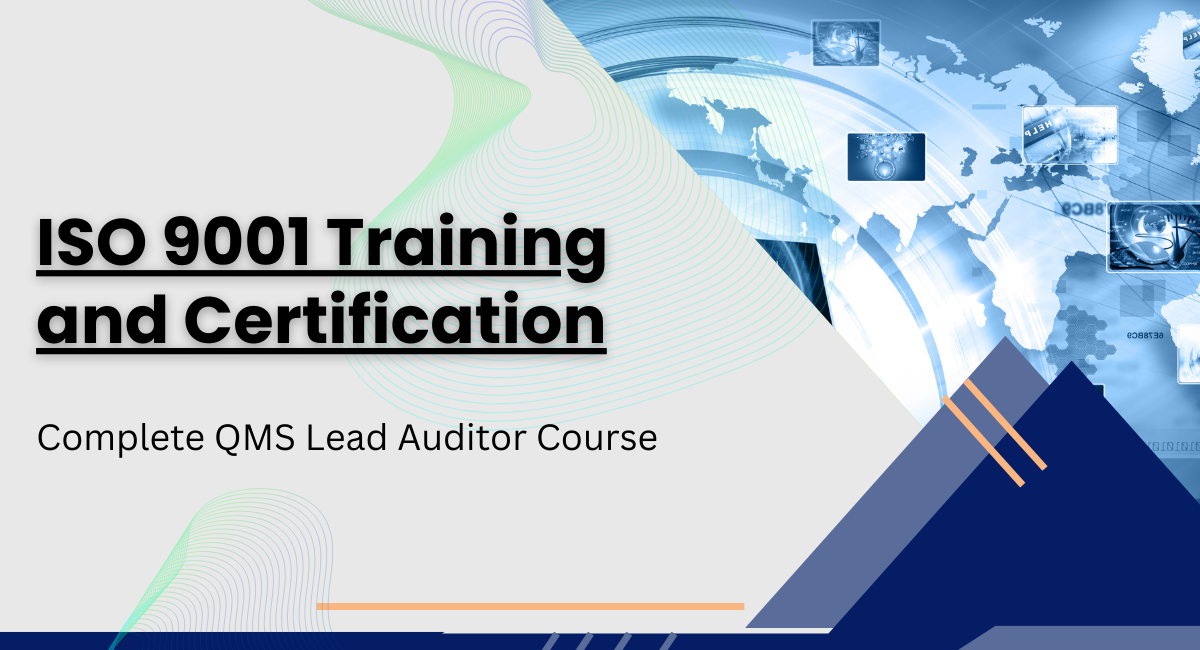
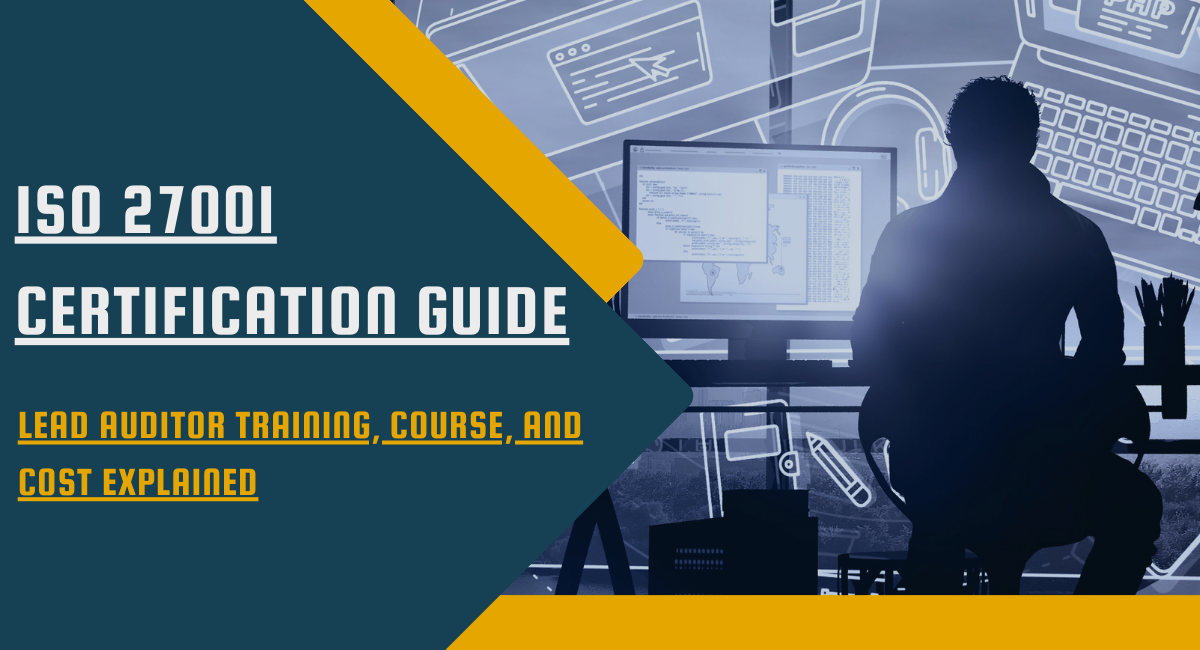
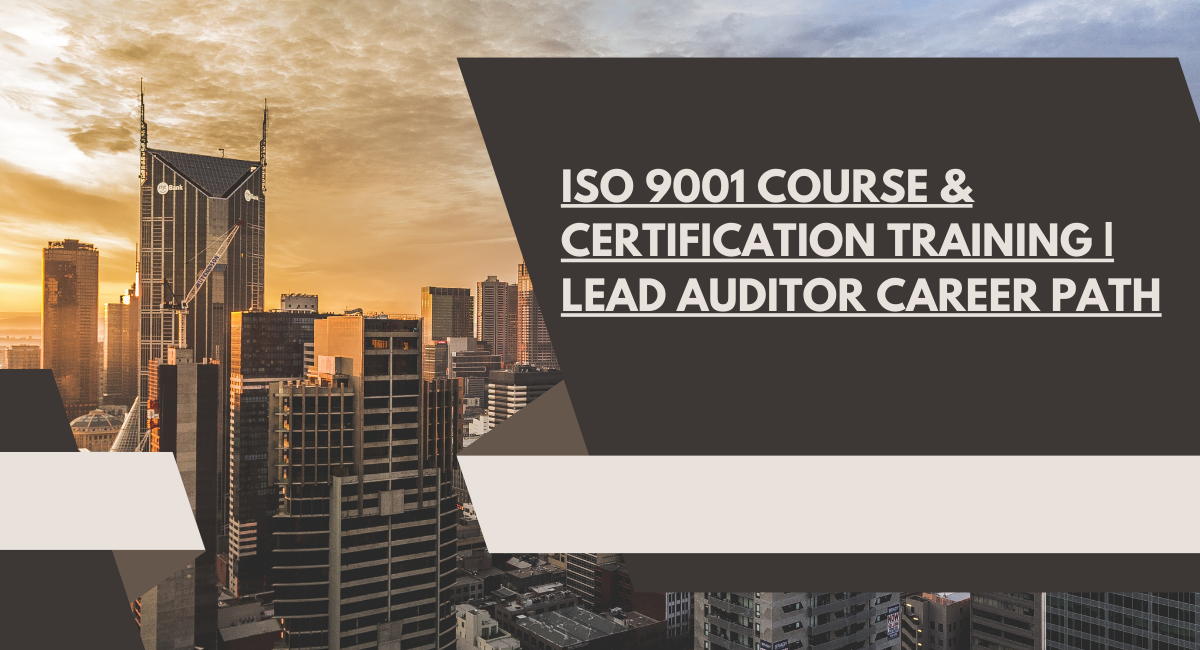
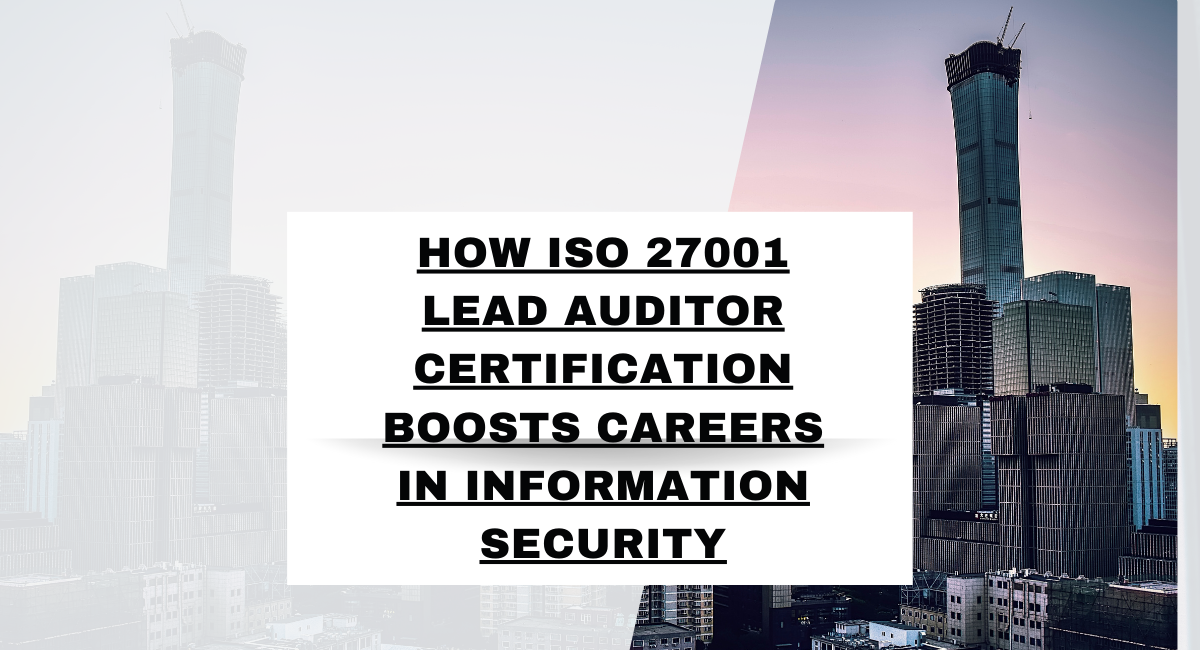


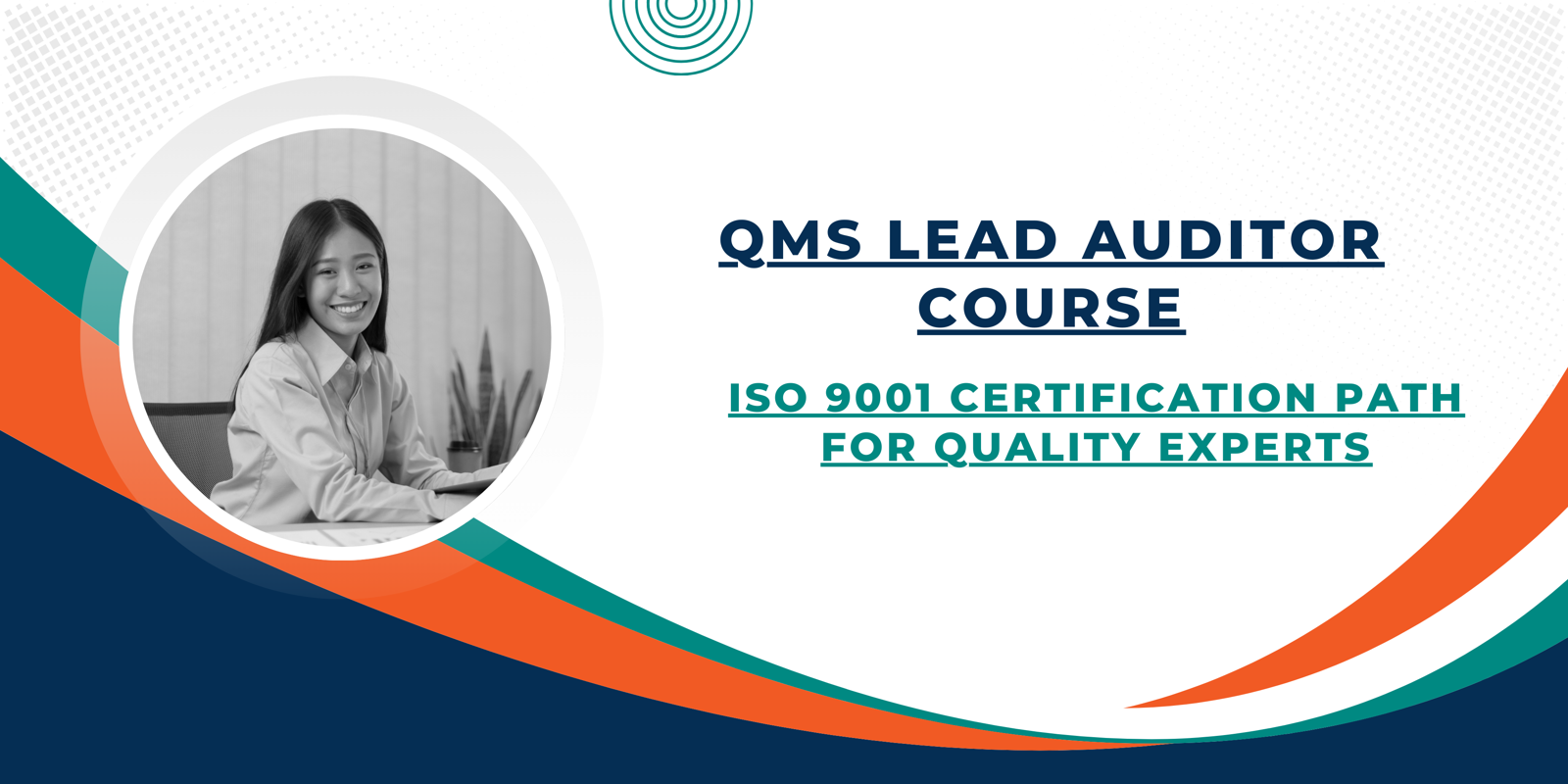

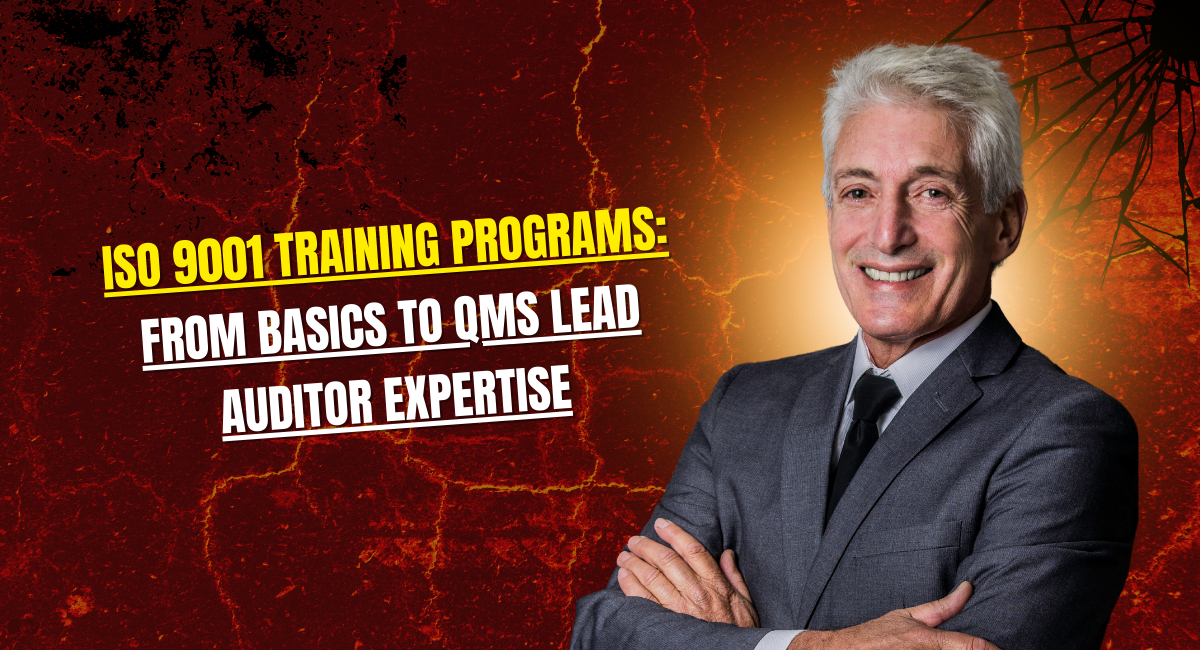

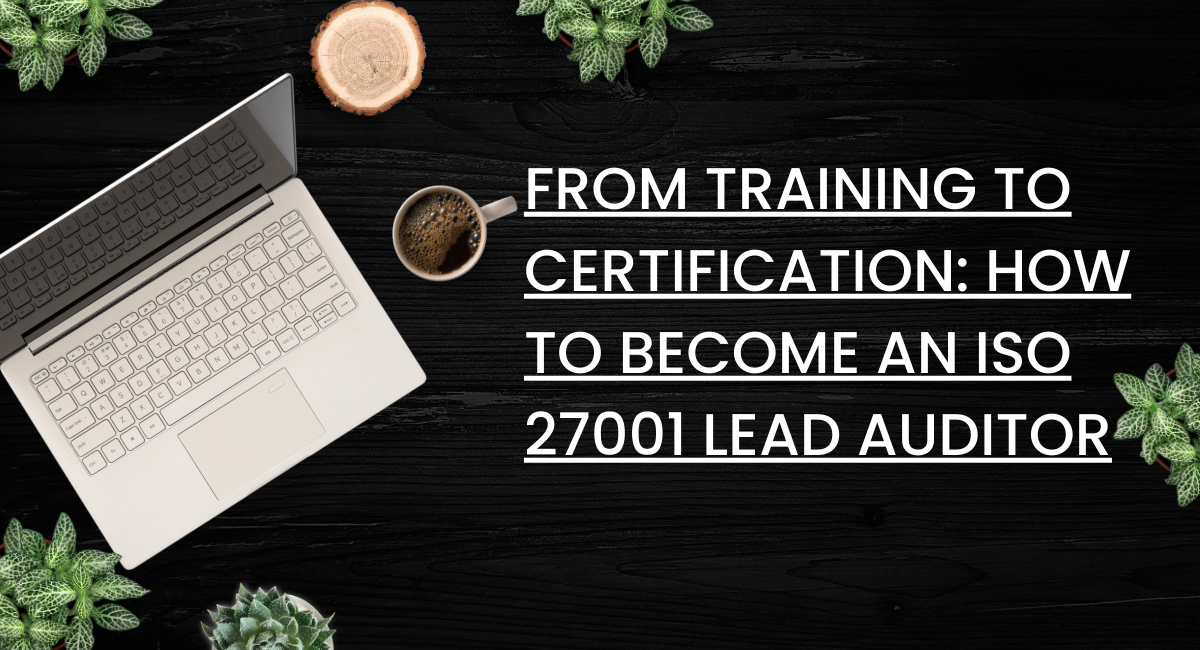


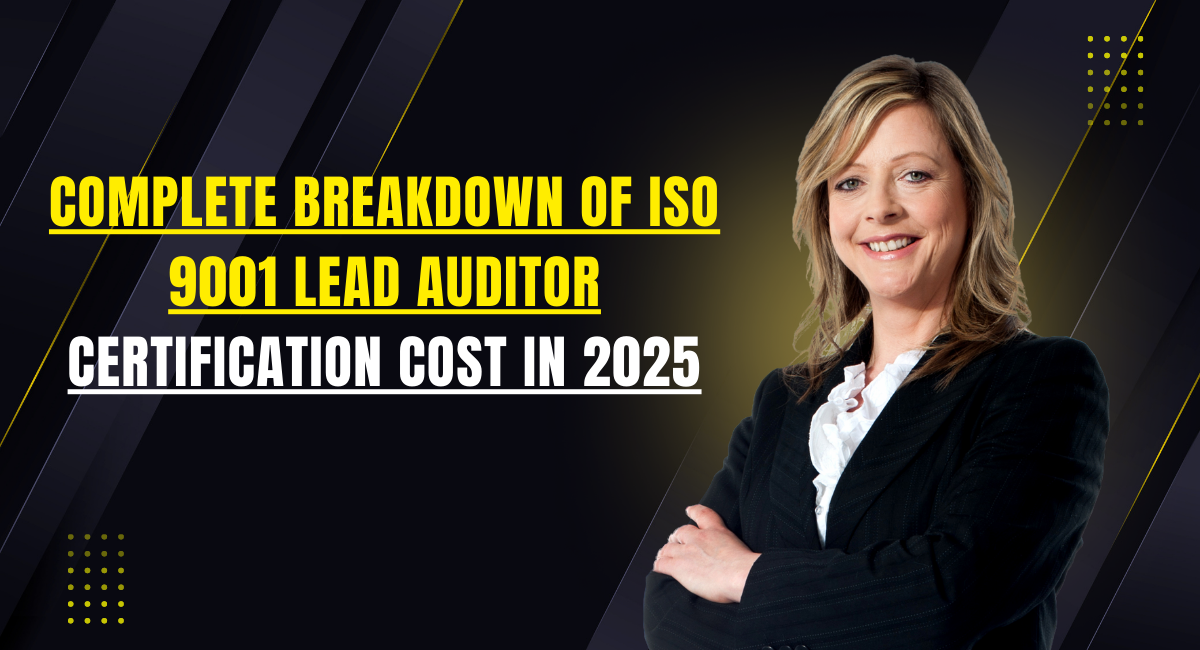


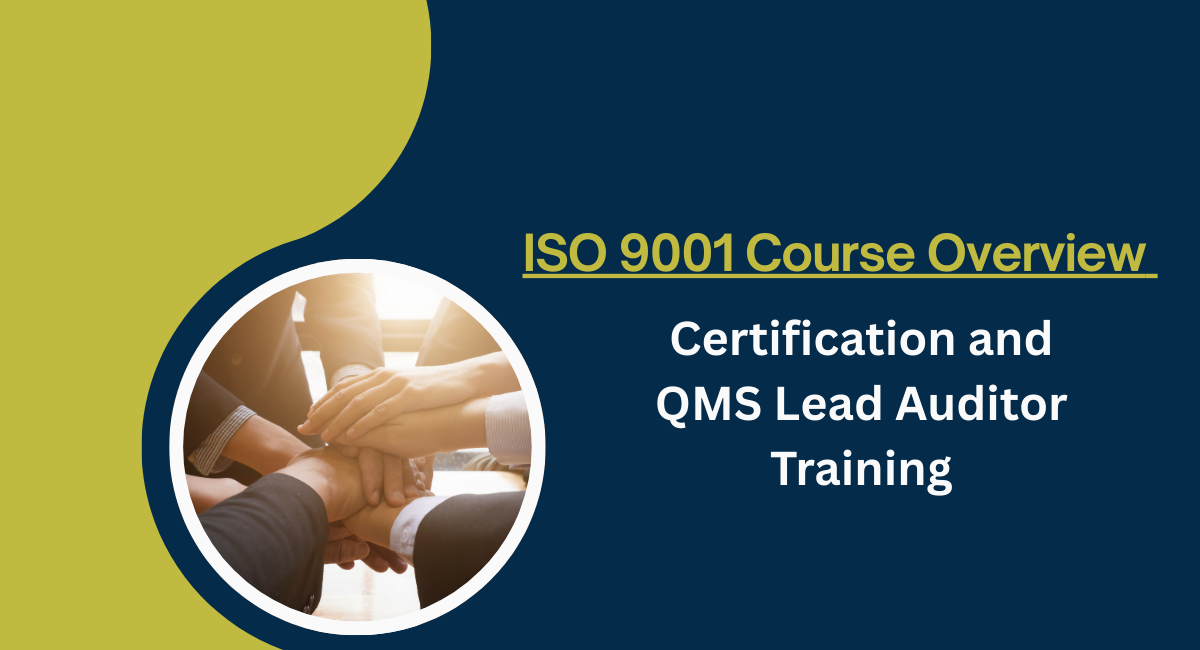

Write a comment ...